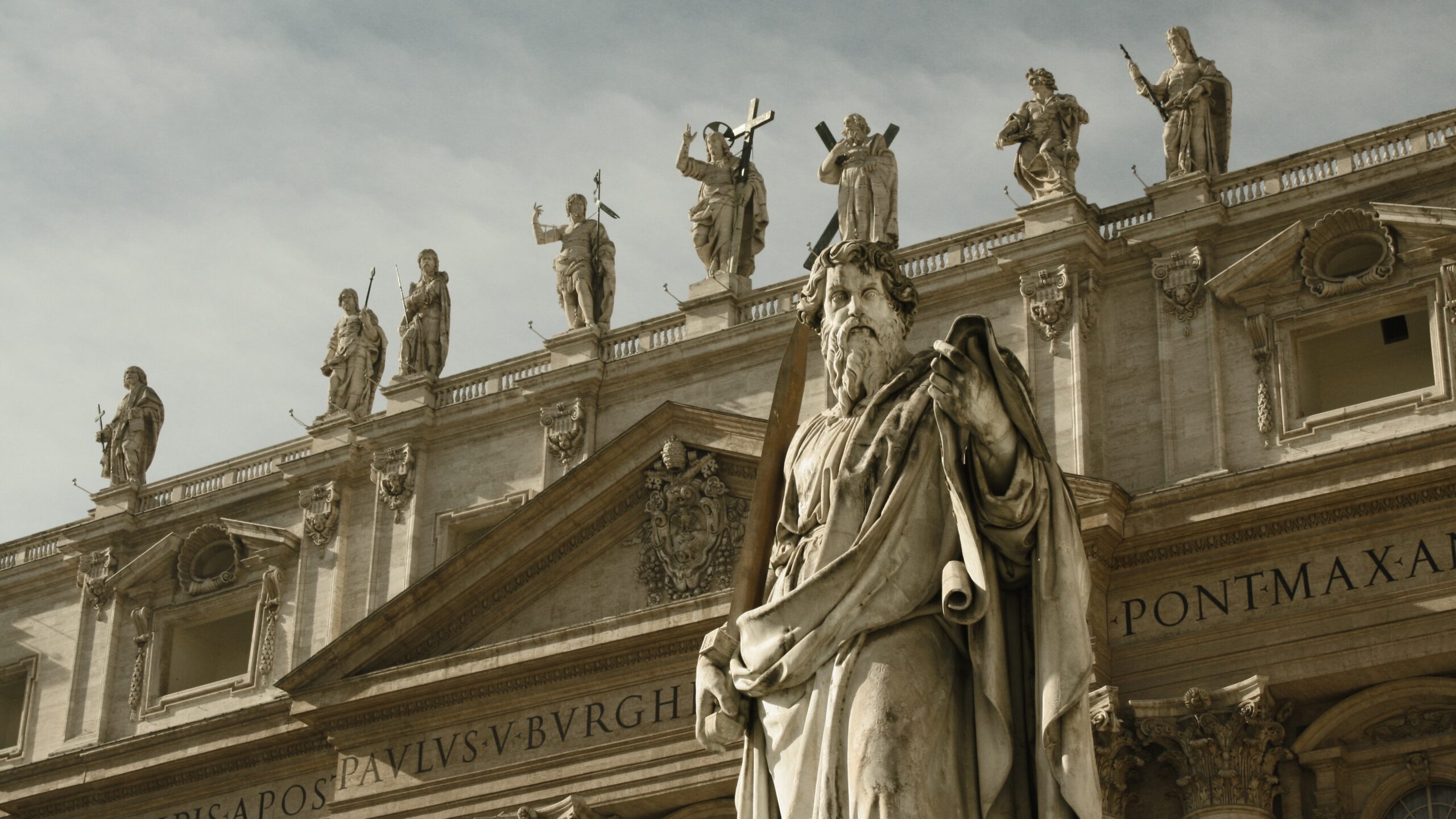Well-catechized Catholics know the basic tenets of the faith. If asked to answer a specific question about a particular teaching, many are able to give a correct answer, even if brief. They may be able to explain the fundamental doctrine of the Trinity, the Incarnation, or the sacrament of the Most Holy Eucharist. But how many understand the way each of these topics relates to the others?
All too often, we are tempted to view the Catholic faith as a collection of discrete teachings about a wide variety of separate questions. In truth, however, each aspect of our faith is related to the others, forming a cohesive whole. The word “catholic” does not only mean “universal”—as most of us know—it also has the sense of “complete, integral, whole, containing all of the essential parts in their proper relation.”
Very often in evangelization and apologetics encounters, we are inundated with question after question. We give concrete answers to each specific inquiry as they are posed to us, but the questions keep on coming. The inquirer often does not understand the part because he or she does not understand the overarching pattern. In order to help those who want to know more about Catholicism, we, too, need to have a better grasp of how each doctrine relates to the others.
One helpful analogy to grasp this idea is a jigsaw puzzle. When you first open the box, you find a bunch of separate pieces that, independently, are indiscernible. None of the pieces makes any sense. But as you gradually connect them together, the whole picture becomes clearer. Then, when the last piece is in place, you can look at any individual piece and understand its meaning, how it contributes to the whole. In short, you see how they are all related.

The same is true with our Catholic faith. To be sure, we have teachings about many different topics: the Trinity, creation (including humanity), the fall/sin, the Incarnation and redemption, the Church, the sacraments, the moral life, and eschatology (the last things). All these areas of doctrine comprise one mystery. They belong together. Let’s explore how.
The leitmotif of Catholicism is rooted in the Trinity, for all things come from God and are ordered back to God. God is the beginning and the end. God is one divine nature subsisting in three Divine Persons: Father, Son, and Holy Spirit. Thus, the ground of all existence is a communion of Persons. The common thread that runs through every aspect of our faith, then, is communion.
Communion is behind the logic and goal of creation. God created in order to offer creation a share in his own life. Thus, he created humans in his own image and likeness so that they could know him and love him—that is, be in communion with him. Because we are made in God’s image, we are also called to communion with one another. We are not isolated individuals; rather, God desires all of humanity to exist in unity, a unity rooted in truth and love, which God himself ultimately is.
The Fall and all sin work contrary to this purpose. Sin divides. It separates us from God and creates divisions between one person and another as well as between various groups of people. By disrupting our own personal integrity, sin even distorts our unity with ourselves. That’s why our desires often flow contrary to what we know to be true and good: our wills are not properly directed by our intellect. We are divided within ourselves.
Salvation, then, must address the divisions brought by sin on each of these levels. It must reunite us with God, with one another, and bring healing to our own personal interiority. Just like the original creation, the source of this salvation can only be God himself. Hence, the Incarnation of the second person of the Trinity—God the Son—is the basis for our re-creation. In Jesus Christ, God and humanity are brought into an unsurpassable unity. And because human nature is communal, we are able to enter into communion with him, and through him, be brought back into communion with the whole Trinity. Christ’s assumption of our human nature enables him to offer himself to the Father on behalf of us all, opening up for us the possibility of sharing in his own life.
